

A worthy successor to the Golden Sun legacy (yes, two GBA games can equal a legacy, if they're beloved enough), Golden Sun: Dark Dawn takes everything we loved about the first two games and refines it, if predictably, into a polished RPG experience that, like the first two, is equal parts tradition and innovation. It looks gorgeous, and the djinn system is even better than before.
Even more so than the first two Golden Sun games, the emphasis in Dark Dawn is on environmental puzzle solving, to the point where the battles almost take a backseat to the puzzles. Everywhere you go, your party encounters all manner of environmental blockages that need to be solved to progress, mostly involving various types of sliding puzzles to create a traversable path, like rolling logs back and forth to create a walkway, pushing stepping stones into formation and so forth.
You have a variety of psynergy spells (magic = psynergy in Golden Sun) at your disposal to manipulate objects too, like using a fireball to burn a vine in your way or using a rain cloud spell (douse) to raise and lower the water levels in the water temple. Puzzles are more than about just choosing the correct spell to cast though, and many puzzles require more thought than spamming spells til you get the right one (in fact, at a certain point you get a psynergy called "insight" psynergy that shows you what spells can be used on any particular object). Most of the puzzles early on are pretty easy, but as you progress they get tougher.
Dungeons are well-designed too – they're challenging, but not so labyrinthine that you get turned around or waste too much time being confused about where you are and what you need to do next, and a map on the top screen is infinitely helpful. Random enemy encounters aren't nearly as frequent as in the average RPG either, so you can focus on your block puzzles without being interrupted too much. Again, in much of Dark Dawn it seems like battles are secondary to exploration and puzzle solving despite the robustness and general awesomeness of the battle system.
Speaking of battle, the big feature that sets Golden Sun's battles apart from other RPGs of its ilk is the djinni. Djinni (singular: djinn) are small elemental creatures that you can collect throughout the game (some are tougher to obtain than others), and assign them to specific characters in your party. Which djinni you set to a particular character determines almost everything about that character, including their stats, class, and what psynergy spells they can use. For maximum effect, you should pair djinni with characters who match their elemental affinity (there are four elements total: Earth/Venus, Fire/Mars, Water/Mercury, and Wind/Jupiter), but experimenting with various mixes can often yield new spells and stat boosts. With 72 djinni total and four active characters in your party at a given time, each with nine slots for djinni, the possibilities for customizing your party are formidable.
Djinni that are set to a character can be used in battle like a special move, and their abilities range from doing direct damage to healing your party or buffing/debuffing. To make matters more interesting, djinni can also be used to call powerful summons (which look fantastic by the way - you can skip the animations, but you won't want to), but in order to do so, you have to de-equip the djinni from your characters (it's called putting them on "standby" in the game). Using a djinn's ability in battle automatically puts in on standby, so you can either set your djinni to standby manually before a battle, or use them during battle first to power up your summons. The more powerful the summon, the more standby djinni it requires to cast.
You'd think that keeping all your djinni on standby would be a no-brainer, since the summons are so powerful, but keep in mind that when you switch your djinni to standby, it often reduces the number of spells available to the character, so if you set too many djinni to standby you may lose access to important recovery spells and so on. It's often a tough tradeoff to decide on, and really adds to the feeling of having strategic options available so you can battle as you see fit.
All the pieces of the battle gameplay are spot on – the interaction between djinni and psynergy, the summons, the weapons and so forth – but the overall lack of difficulty means that all that opportunity and options for strategizing mostly go to waste. Battles are flashy and fun, but too easy for the most part. Not only are the actual battles themselves easy, but your psynergy recharges so quickly that you can use it liberally in healing and battles without ever having to use a single recovery item – you never feel stretched for resources or find yourself in a tight spot. At times Dark Dawn is so easy overall that it feels too much like a kiddy game that hands too much to you. If you're someone who plays RPGs purely for tough, strategically challenging battles, Golden Sun probably isn't for you.
The lack of difficulty almost seems to make sense within the story though, since most of what you do seems distinctly non-epic, and the story takes forever to actually move forward in a meaningful way. A lot of JRPG-style games fall into this trap, but it's still a bit disappointing given the potential for epic adventure (the Golden Sun even, after all, has to do with the destruction/rebirth of an entire freaking world). Although the gameplay itself is strong, the story is rife with filler and stalling tactics. Here goes (totally vague, spoiler-free):
The story begins when your best friend Tyrell breaks his family's soarwing (a personal flying machine thing – like a magic winged jetpack) so you need to travel to get materials to fix it. Then the mountain bridge pass is collapsed so you have to go the looooong way around (figures), and then of course you find villagers that need your help fixing their magic machine that requires an item that can only be found in the deepest depths of a particular dungeon, and then the next town over has the exact same predicament so you go through the motions again, then more townspeople need your help with something else… you get the picture.
Meanwhile, we're left wondering whatever happened to the psynergy vortexes introduced at the beginning of the story that could possibly be tearing the very fabric of existence apart as we busy ourselves with seemingly unrelated quests. Basically, Dark Dawn takes a long time to get to the point, and there's no real sense of importance or gravity to what you're doing. Which sort of makes sense because the protagonists are just kids, but at times it's hard to stay invested in the story because it's hard to see how anything relates to the big picture. Even as you grow fond of each of the characters, it's hard not to get impatient with their frequently derailed quest.
BUT STILL. Still! It's impossible not to love Golden Sun: Dark Dawn, because even despite the ridiculous easiness and the stereotypically meandering adventure, it still has a ton of heart (both the lighthearted and heartwarming varieties), and doesn't take itself too seriously. This is an RPG that was made for fantasy RPG lovers – everything in it seems comfortingly familiar in a JRPG sort of way, but the djinn system is still totally unique to the series, so even veteran RPG players won't be bored with the gameplay. Unless difficulty level is incredibly important to you, you're almost guaranteed to enjoy Dark Dawn's gentle adventure.
Nov 22, 2010


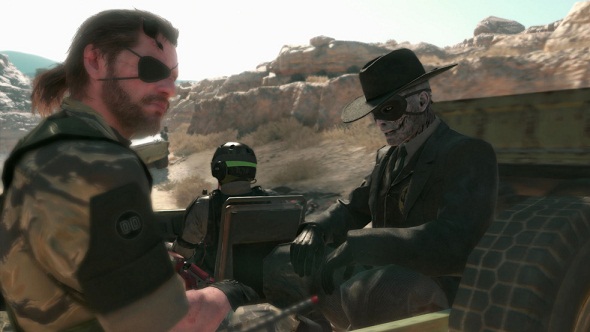
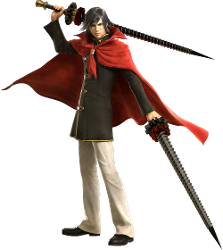
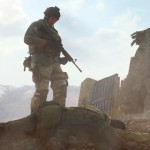 Medal Of Honor Cheats: How To Rank Up Fast
Medal Of Honor Cheats: How To Rank Up Fast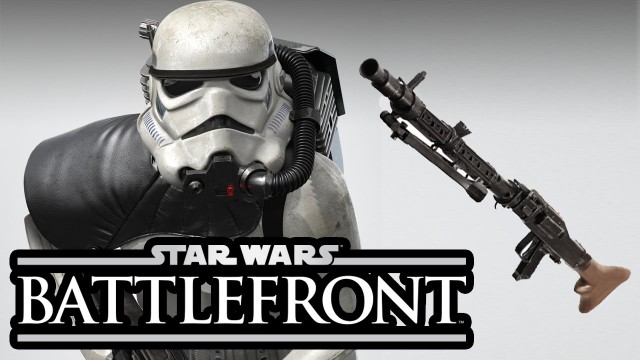 Some Neat Star Wars: Battlefront Tips and Tricks That You Might Not Be Aware Of
Some Neat Star Wars: Battlefront Tips and Tricks That You Might Not Be Aware Of How to Save Thousands: Consolidate Your Student Loans
How to Save Thousands: Consolidate Your Student Loans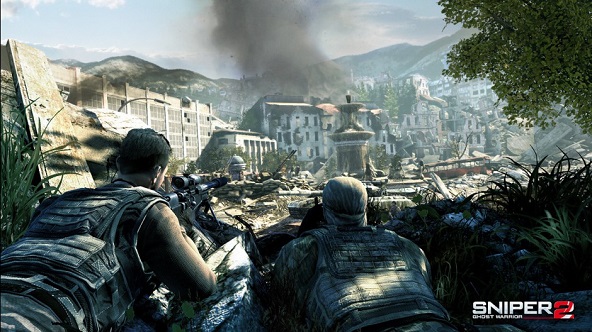 Sniper: Ghost Warrior 2 Walkthrough
Sniper: Ghost Warrior 2 Walkthrough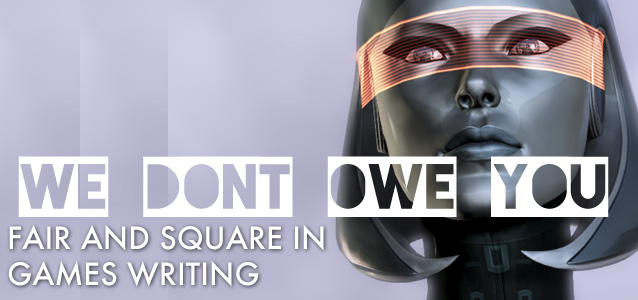 We Dont Owe You: Fair and Square in Games Writing
We Dont Owe You: Fair and Square in Games Writing